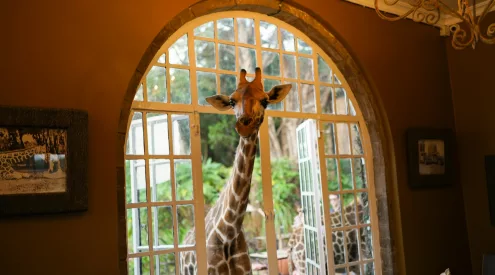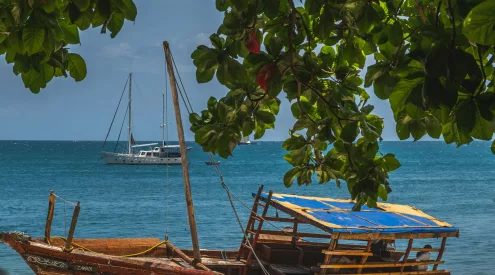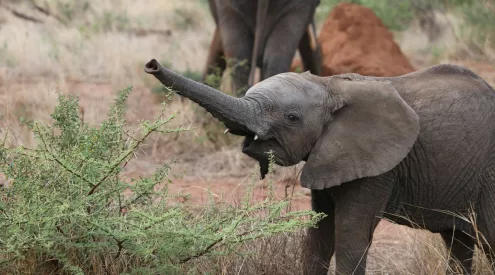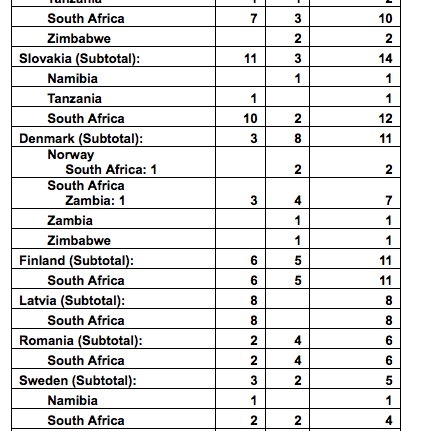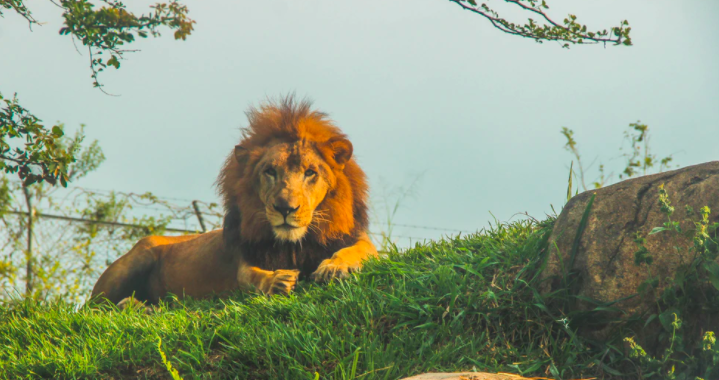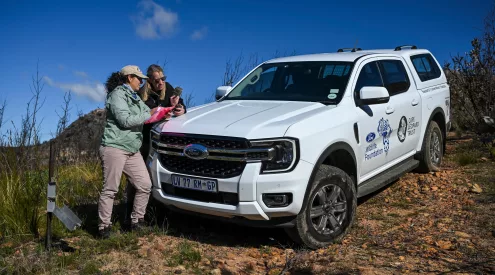Ahead of Cecil the lion’s 5th anniversary on July 1, Humane Society International (HSI) released new data on global imports of lion trophies. Between 2017 and 2018 the European Union (EU) imported 406 lion trophies making them the world’s largest importer.
Among these were 18 trophies of wild lions from Zimbabwe.
Lions were the fifth most common trophy species imported into EU member states, according to trade data from the Convention on International Trade in Endangered Species of Wild Fauna and Flora (CITES). And in the United Kingdom, despite overwhelming public support and a government pledge for a ban, 18 lion trophies were imported between 2017-18.
HSI’s analysis of the CITES trade data shows that between 2017 and 2018, the European Union imported more lion trophies (406 lion trophies in total) than the United States (150 lion trophies total).
Within the EU, Spain imported the most lion trophies (84) followed by Hungary (66), Germany (51), and Poland (45). Among the 406 imported lion trophies, 312 were from captive lion hunt facilities in South Africa, facilities that allow hunters to shoot lions in a fenced area from which they have no hope of escape.
Only two EU member states, France and the Netherlands, have banned the import of lion trophies in 2015 and 2016 respectively.
Claire Bass, Humane Society International/UK’s executive director, says: ‘Cecil’s senseless killing exposed trophy hunting as immensely cruel, completely unnecessary and morally bankrupt. And yet, five years on from his tragic death, Britain and the European Union are still providing a market for this horrific hobby by allowing the lifeless trophies of these once magnificent animals to be imported.
‘The EU is top of the world’s lion trophy import hall of shame and, despite overwhelming public support, the UK government is dragging its heels on delivering the promised ban. It is time to pull the trigger on the perverse pastime that is trophy hunting.’
The story of how Cecil was shot with a bow and arrow and suffered for hours in agony before being killed with a gunshot, shocked the world and sparked huge public momentum for a UK trophy hunting import and export ban, which the government pledged to enact. Yet, seven months after opening a public consultation the results remain unpublished and no draft legislation has been produced.
A January 2020 YouGov opinion poll commissioned by HSI UK revealed that 76% of British citizens believe a ban on the import and exports of hunting trophies should apply to all animal species and not just those which are threatened or endangered.
A few as 20,000 lions globally remain in the wild today. The African lion is classified by CITES as endangered and is listed in the U.S. Endangered Species Act. Lions only exist in 8% of their former range and are suffering from loss of habitat and prey in addition to trophy hunting. A report conducted by Economists at Large and commissioned by HSI found that trophy hunting is not economically beneficial to local communities as its financial contribution is at most at 0.03% of gross domestic product in the eight African countries studied – Botswana, Ethiopia, Mozambique, Namibia, South Africa, Tanzania, Zambia and Zimbabwe.

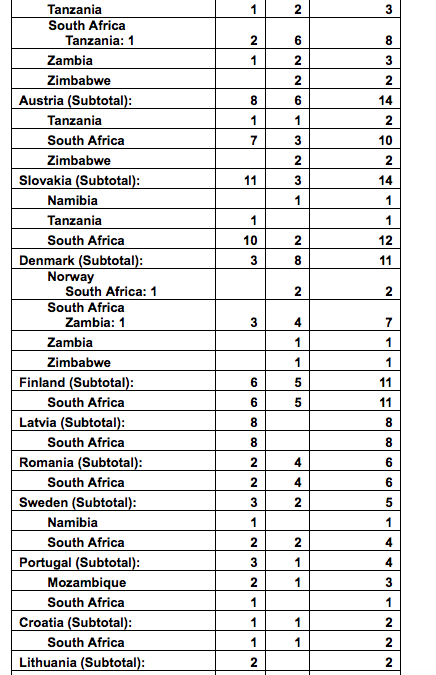

EU MS Imports of African Lion (Panthera leo) Trophies, 2017 and 2018, Purpose H and P, based on Importer Reporter Quantities, All Sources, In Order of Sum of Imports (country of origin and sum quantity (2017 + 2018) from each listed after each importer, where applicable). Image credit: Human Society International
Image credit: Unsplash


